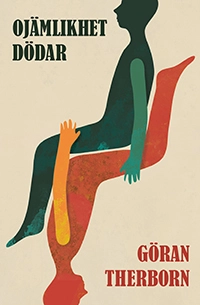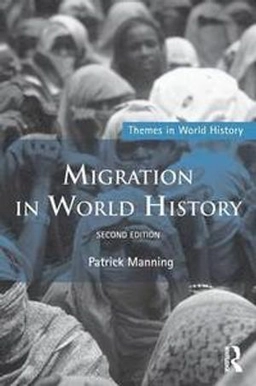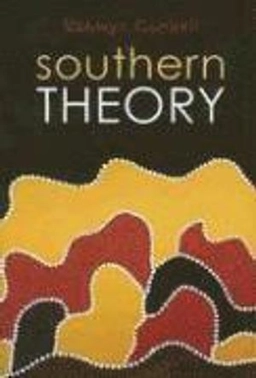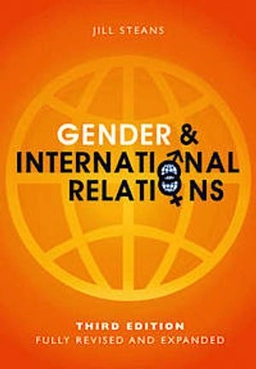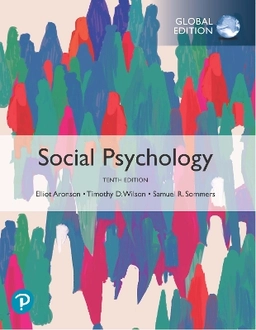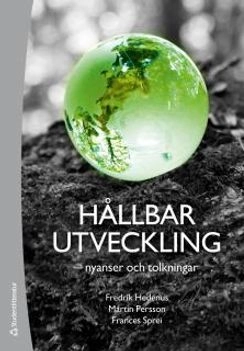Feminist Spaces introduces students and academic researchers to major themes and empirical studies in feminist geography. It examines new areas of feminist research including: embodiment, sexuality, masculinity, intersectional analysis, and environment and development. In addition to considering gender as a primary subject, this book provides a comprehensive overview of feminist geography by highlighting contemporary research conducted from a feminist framework which goes beyond the theme of gender to include issues such as social justice, activism, (dis)ability, and critical pedagogy.
Through case studies, this book challenges the construction of dichotomies that tend to oversimplify categories such as developed and developing, urban and rural, and the Global North and South, without accounting for the fluid and intersecting aspects of gender, space, and place. The chapters weave theoretical and empirical material together to meet the needs of students new to feminism, as well as those with a feminist background but new to geography, through attention to basic geographical concepts in the opening chapter. The text encourages readers to think of feminist geography as addressing not only gender, but a set of methodological and theoretical perspectives applied to a range of topics and issues. A number of interactive exercises, activities, and 'boxes' or case studies, illustrate concepts and supplement the text. These prompts encourage students to explore and analyze their own positionality, as well as motivate them to change and impact their surroundings.
Feminist Spaces emphasizes activism and critical engagement with diverse communities to recognize this tradition in the field of feminism, as well as within the discipline of geography. Combining theory and practice as a central theme, this text will serve graduate level students as an introduction to the field of feminist geography, and will be of interest to students in related fields such as environmental studies, development, and women's and gender studies.
Åtkomstkoder och digitalt tilläggsmaterial garanteras inte med begagnade böcker




